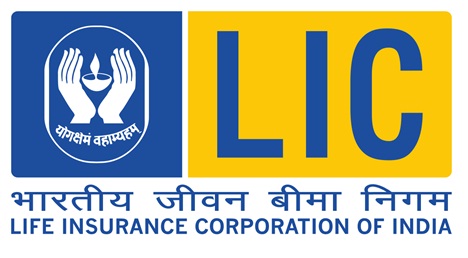People are using Life insurance
policies as tax planning tool as premium paid on Insurance Policies are
eligible for tax benefits under Section 80C of the Income Tax Act 1961 (Act)
and Maturity Proceeds are also eligible for exemption under section Section 10(10D) and Section 10(10A)(iii).
Life Insurance helps Assessee in saving tax, achieving their long term goals and it also provides Comprehensive financial protection against unforeseen events of their family.
Life Insurance helps Assessee in saving tax, achieving their long term goals and it also provides Comprehensive financial protection against unforeseen events of their family.
Deduction U/s. 80C in respect of
life insurance premium
Maximum Limit –
Maximum Deduction allowed under this Section is Rs. 1.50 Lakh and the sum includes
payment on other allowable investment option available Under Section 80C of the
Income Tax Act,1961. It is to be further noted that combined Maximum limit of
deduction under Sec 80C & 80CCC & 80CCD (1) is Rs 1,50,000.
Restriction on Deduction
limit: Deduction will be allowed only for
premiums upto a maximum of 10% of the sum assured for policy issued on or after
April 1, 2012. In case of policy issued before March 31, 2012, deduction will
be allowed only for premiums upto a maximum of 20% of the sum assured.
Allowable on Payment- Only
life insurance premium paid or deposited during the year are allowable as
deduction under Section 80C.
Disallowance:
The
deductions claimed earlier will be taxable as income if the policy is
terminated either by notice or by failure to pay any premium in case of,
Single Premium Policy : within 2 years after the commencement date
Regular Premium Policy : before premiums have been paid for 2 years.
Single Premium Policy : within 2 years after the commencement date
Regular Premium Policy : before premiums have been paid for 2 years.
Individual and Hindu undivided family (HUF) can take tax deduction's benefit u/s 80C. It can be paid :-
(i) in the case of an individual
(Resident or Non Resident)
- On his own life
- On Wife/Husband (Dependent or Not)
- Child
- Major or Minor (Dependent or Not
- Married or Unmarried Daughter / Son (Dependent or Not)
- On his own life
- On Wife/Husband (Dependent or Not)
- Child
- Major or Minor (Dependent or Not
- Married or Unmarried Daughter / Son (Dependent or Not)
(ii) in the case of a Hindu
undivided family (HUF), any member thereof;
Please
note that life insurance premium paid by you for your parents (father / mother
/ both) Brother, Sisters or your in-laws is not eligible for deduction under
section 80C.
If you are paying premium for more
than one insurance policy, all the premiums can be included.
It is not necessary to have the
insurance policy from Life Insurance Corporation (LIC) – even insurance bought
from private players can be considered here.
Tax-ability on Maturity
Section 10(10D)
The proceeds under a life insurance
policy are exempt under Section 10(10D) of the Act, subject to the provisions
of the said section.
Section 10(10A)(iii)
Commuted Pension received from
Pension fund (Pension Plans approved by IRDA) would be tax-free.
Goods And Service Tax (Earlier
Service Tax) on Life Insurance Premium
All premiums and charges are subject
to applicable taxes (i.e. GST) as applicable under the prevailing tax laws.














